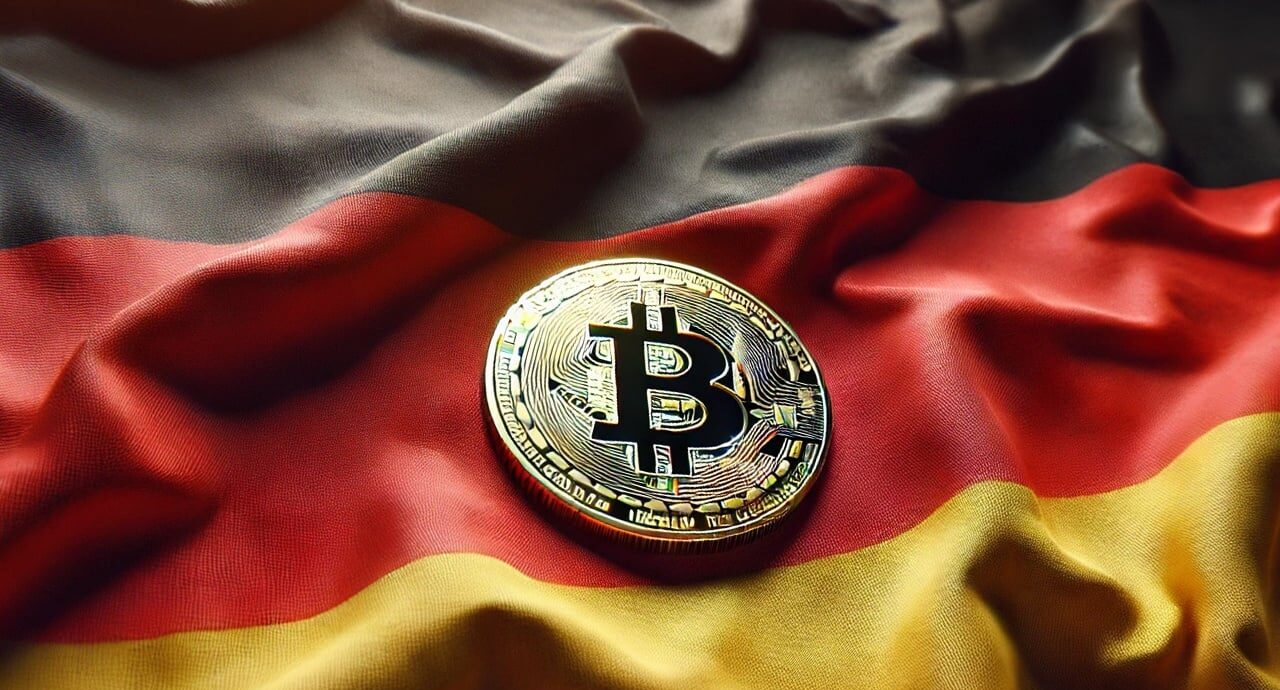German Banks Go All-In on Bitcoin in 2025

This year, German banks have made a big leap forward in the world of finance, which is changing quickly. They went from being cautious observers to active players in the Bitcoin ecosystem. Deutsche Bank, Commerzbank, DZ Bank, and Clearstream are all accepting bitcoin beyond testing programs as Europe’s largest economy adapts to digital assets. They are integrating Bitcoin into their retail and institutional services, as well as their custody services and stablecoin initiatives. Bitcoin ETF Approval, New rules, new strategy options, and shifting demand are all making this change happen.
What Allowed the Move
The Markets in Crypto-Assets (MiCA) law, which took effect in all EU countries in 2023, allows German banks to investigate crypto usage. MiCA simplifies compliance for token issuers, custodians, and service platforms. Due to lower legal risk, regular banks can enter digital assets. Clearstream’s Crypto Finance unit will store and pay for Bitcoin and Ethereum, Deutsche Börse confirmed in March. This suggested that institutional momentum was on the rise.
The same things are happening in each bank. Deutsche Bank, the largest private bank in Germany, is investigating stablecoin and tokenized deposit systems. Since EU and US regulations are clearer, executives are considering launching their own digital currencies or joining stablecoin projects. Commerzbank and DZ Bank offer German-regulated institutions secure trading and custody. This suggests that people are starting to trust the justice system more.
More custody and tokenization services use Bitcoin.
It’s just the beginning that Deutsche Börse’s Clearstream is now delivering security services. German companies are looking into a wide range of solutions, including lending, staking, tokenized bonds, and decentralized finance (DeFi). In September 2024, Deutsche Bank worked with the Swiss fintech company Taurus to try out innovative ways to keep digital assets safe and turn them into tokens. For a time now, big banks like HSBC, Standard Chartered, and BNY Mellon have been working on regulated custody solutions. They expect that regulated banks and crypto-native companies will eventually come together.
These modifications suggest that normal asset management and blockchain technology are getting better at working together. German banks are currently considering portfolios that incorporate deposits in stablecoins, storage for Bitcoin, and tokenized Treasury bonds. This would let clients switch between different types of assets on the same platform.
German Bitcoin popularity: why? Strategy drivers?
A number of variables are coming together that are making German institutions more likely to use Bitcoin. The German government’s tax advantages for cryptocurrencies and thorough monitoring have made things better. People are also discussing deregulation and decentralized finance as the 2025 federal election gets closer. Some parties, for instance, seek to make it easier to sell Bitcoin and other tokens.

Second, German firms and wealthy people are demanding more crypto services worldwide. A 2025 estimate predicts that 27 million Germans, or 32% of the population, will utilize cryptocurrency four times more than in 2022. Due to their popularity, crypto services are becoming a necessity for consumers and enterprises.
Third, investors are looking at Bitcoin as a digital hedge, which is sometimes called “21st-century gold,” since they are worried about the economy as a whole, such as rising prices, dropping bond yields, and the unpredictability of world politics. Marion Laboure, an analyst at Deutsche Bank Research, claimed that Bitcoin might be the new digital gold. This indicated that institutions are more likely to trust digital assets that are spread out.
Following rules and controlling risks
People are paying attention to the crypto boom. The European Central Bank (ECB) warns against lowering interest rates without considering digital currencies like Bitcoin. ECB governing council member Joachim Nagel opposed adding Bitcoin to the central bank’s reserves because it wasn’t obvious or liquid like gold.
These institutional indicators demonstrate why German banks prefer custody-based approaches over speculative trading. Banks require strong AML, KYC, and risk management for crypto products. Bitcoin and stablecoin trading will be safer and more open. This boosts institutional trust in digital asset markets.
How this affect the economy and investors
The fact that German banks are adopting Bitcoin changes how Europe handles digital assets. By blurring the lines between cash and cryptocurrency, clients may easily add Bitcoin to their accounts. Expand Bitcoin Holdings, Large investors can buy regulated tokenized yield products, digital securities, and on-chain liquidity. This trend enhances Germany’s crypto center status, which benefits tech businesses, fintech innovations, and blockchain research and development across Europe. Whatever Germany’s economy may grow slowly in 2025, digital finance can boost output and innovation.
